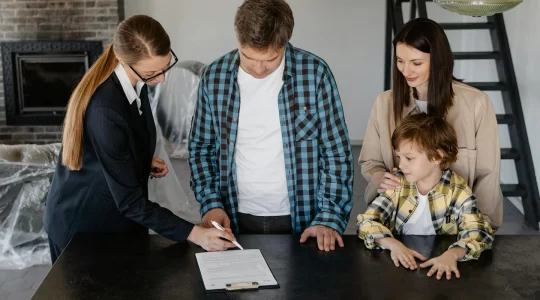Own A Business? How to Buy Your Home When You Work Freelance
The gig economy. The Great Resignation. Call it what you will, it’s a sea change in the way America does business. Between 30% and 40% of the US labor force describes itself as self-employed and that number is growing in the wake of the COVID pandemic.
What does that mean for you, the home buyer? Lenders cannot discriminate based on the source of your income. The lender can ask you to prove the history of that income and where it is going.
Typically, if you own a business, you will receive a 1099 form in place of a W2, and file business as well as personal taxes. Your lender will want to see two years of business income and evidence of continuing income, such as recent invoices. Protocols established during the pandemic, when many businesses folded overnight, include verifying that the business is still open and accepting new clients.
The lender will want to see two months of bank statements, to verify that you have enough in cash to cover closing costs and down payment.
Before you apply for a home, it is a good idea to review your taxes with your advisor. Minimize your write offs. It is your tax preparer’s job to save you money, but if you write off everything, your lender sees negative income.
If you struggle to qualify for a mortgage as is, consider applying with a non-occupant co borrower (the Home Ready Program allows this.) Talk to your lender about your options, meet with a local HUD office for information on Down Payment Assistance, and plan ahead. Just as launching your business took time, effort and self-education, so does the home buying process. You’ve got this.
We get people into their first homes, their dream homes, their retirement homes. Call 503-588-0211, option 4, to talk to Elena or Melody today.


